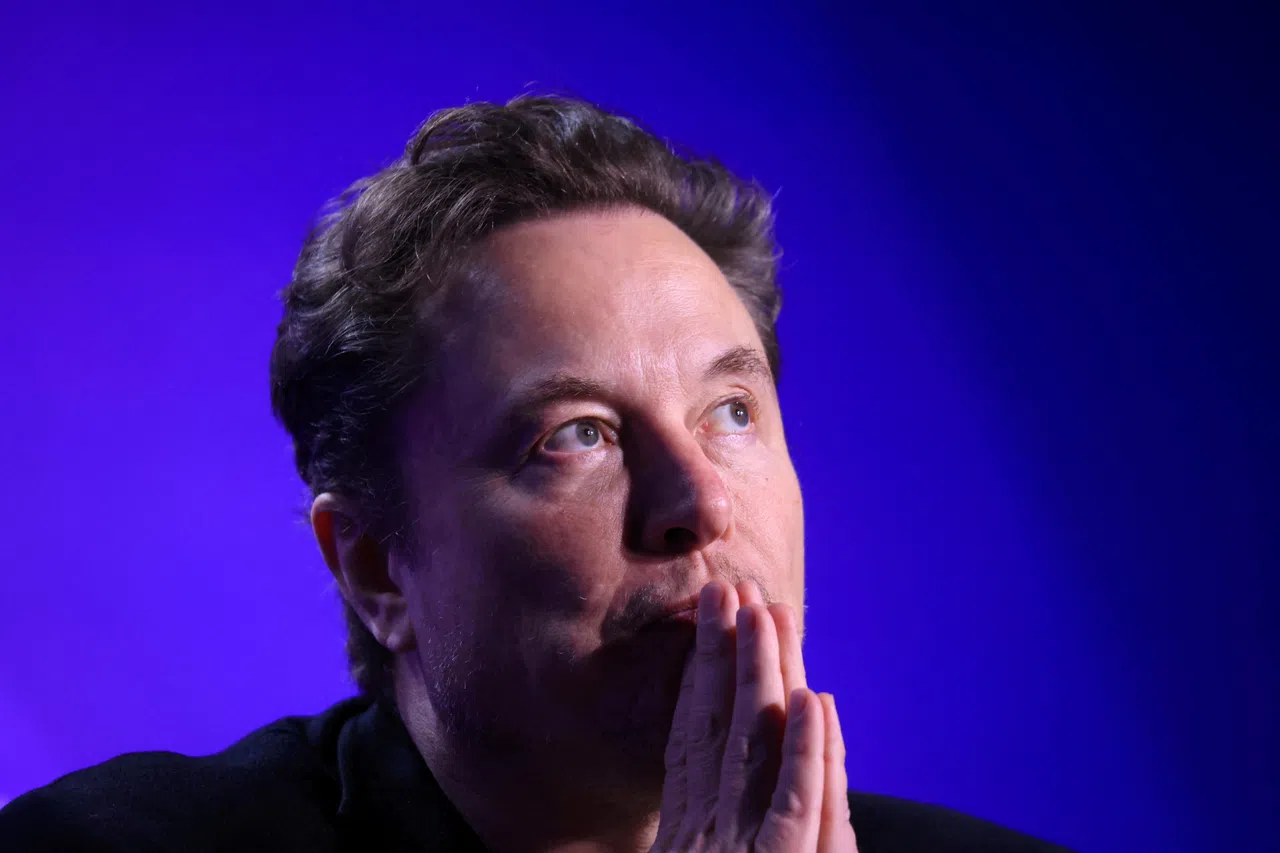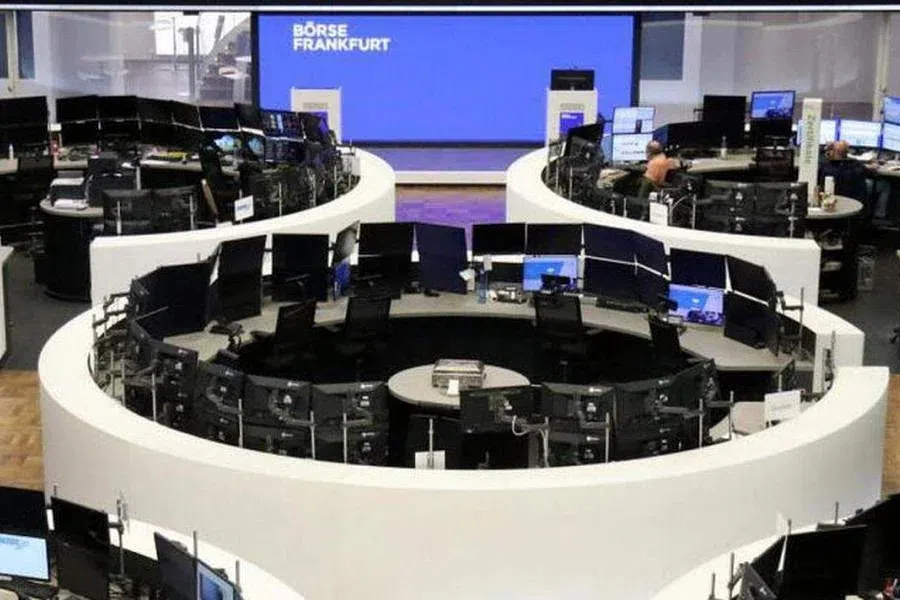IT’S RARE to have competitors in the technology space gathered in one room. But over two days in October 2023, NEC Asia Pacific took a unique approach.
The company brought its senior management together with its partners from major tech companies — some of whom are competitors with each other — for a common goal: to learn more about generative artificial intelligence (gen AI).
“It was very controversial bringing all the competitors together, but for learning journeys, we shouldn’t have this rivalry type of behaviour,” says NEC Asia Pacific’s head of country business development Paul Wang.
The workshop was conducted by the National University of Singapore’s (NUS) School of Computing to address the specific training needs of NEC.
NEC, a diverse communications technology provider spanning space systems, submarine cables and biometrics, chose NUS because of the School of Computing’s deep expertise in AI, of which gen AI is a subset. Wang adds that NUS’ flexibility in customising learning programmes for companies was a key factor in their partnership.
In NEC’s case, the company wanted to show participants the potential AI holds in transforming various industries which could in turn improve NEC’s service offerings to its customers.
BT in your inbox
Start and end each day with the latest news stories and analyses delivered straight to your inbox.
Wang made it a point to invite NEC’s partners, despite their rivalries in certain markets, so that the tech giants could align efforts when co-creating client solutions.
Led by faculty members with extensive industry experience in AI, the workshop provided NEC with practical strategies for gen AI adoption through case studies and group discussions. Senior leaders from NEC and its key technology partners had to work on projects which fostered collaboration and sparked conversations on problem solving and innovation in the era of gen AI.
“The learning programme was all about throwing ideas, bringing up topics to discuss, clarifying some conceptual issues and allowing the partners to elaborate where they may progress in certain similarly difficult areas such as hallucinations or what we call misleading results from AI generation,” says Wang.
“The feedback was quite positive from the partners. They felt the format was refreshing and they’ve never seen anyone do it this way,” adds Wang, referring to the arrangement of having NEC’s partners join them.
Shaping the future with AI
Wang says the workshop led to a series of follow-up conversations between NEC and its partners.
For instance, one partner company provided additional training courses to help NEC staff maximise the use of the former’s tools for customer outreach. The other partners became more proactive in upskilling NEC’s staff as well. “The boot camp accelerated this whole movement,” says Wang.
Within NEC, Wang admits that the integration of gen AI into internal processes is still at the infancy stage. However, he says it’s important for his team and colleagues to understand gen AI and embrace it as an efficient workplace tool, rather than treating it as a controversial, new technology.
While there might be anxiety over reports of gen AI displacing jobs, gen AI could help workers increase productivity and competitiveness, he explains.
A better understanding of the new technology allows members of NEC’s senior management to spearhead new ways of integrating AI into in-house processes and explore career conversion programmes for staff. These initiatives anticipate AI-driven changes to workflows across marketing, communications and human resources.
NEC also plans to make use of gen AI in areas including customer engagement, content creation and employee welfare.
“AI is still a journey for us as an organisation,” he admits. “We see a future rich with opportunities to steer our business units toward greater social innovation. The two-day boot camp has inspired our senior management to seize these opportunities and foster innovation.”
Unlock the power of AI
This July, the National University of Singapore (NUS) is holding NUS FutureWork2.0 – AI in Action, its biennial conference for industry leaders and working professionals, including NUS alumni, to learn about new technology and innovation in the workplace and the skills needed.
For this year’s edition, FutureWork2.0 highlights how different sectors can use AI in their business, which skills and techniques would be required, and the training solutions and programmes to help carve out a path toward AI proficiency.
There will be several panel discussions at the event, featuring senior industry leaders and NUS experts in the fields of business, technology, law, finance, sustainability and more.
Find out more about the NUS Lifelong Learning Festival: FutureWork2.0 – AI in Action, which will take place on July 26, 2024 at NUS Kent Ridge Campus. It will be a hybrid event.




![911 Call Made after Idaho Quadruple Murders Released as It Reveals Harrowing Aftermath after Caller Found the Bodies [LISTEN]](https://data.ibtimes.sg/en/full/63273/idaho-university-students.jpg)



